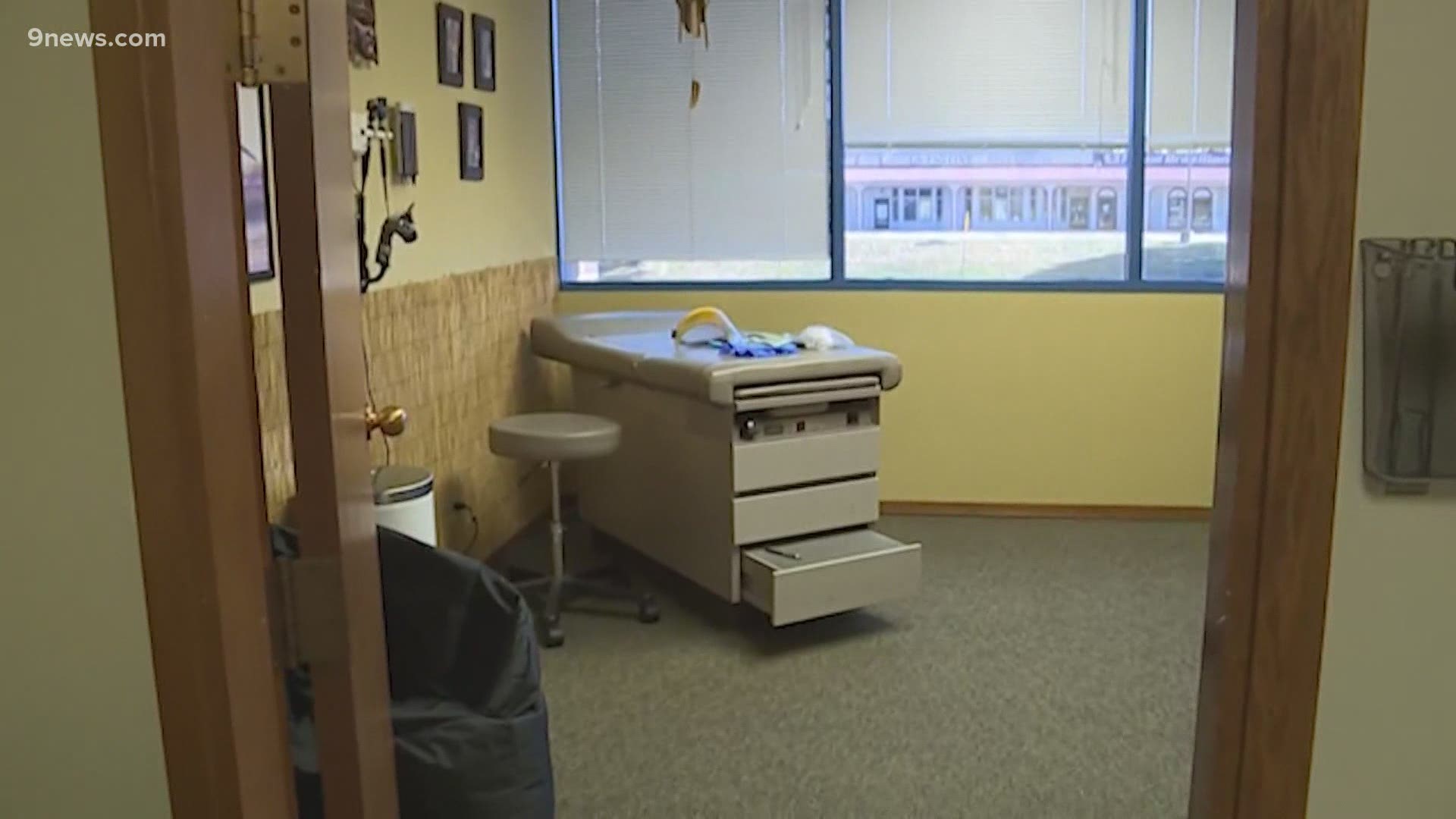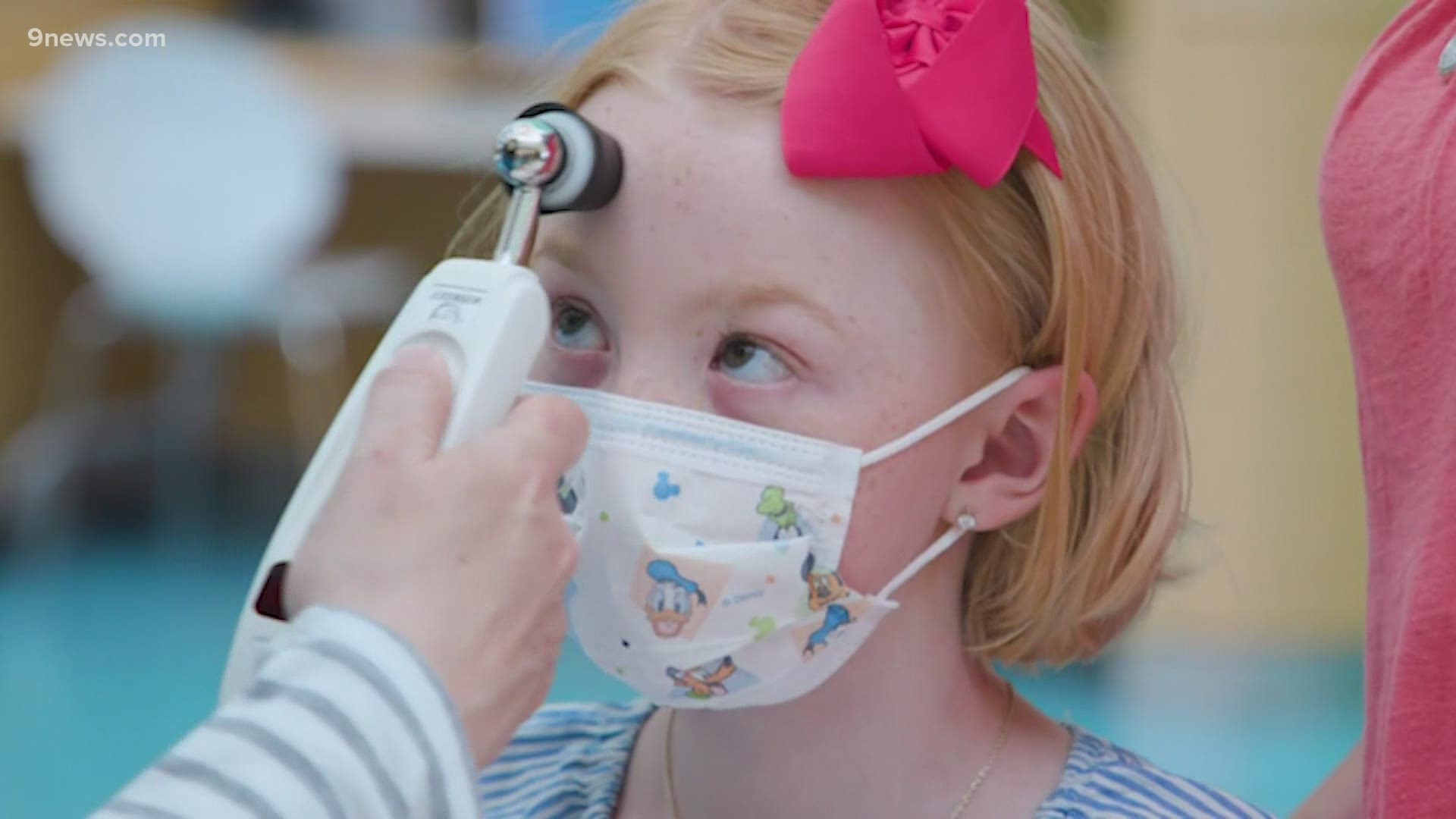COLORADO, USA — Colorado hospitals in December saw the highest number of Multisystem Inflammatory Syndrome in Children (MIS-C) cases of any month since the COVID-19 pandemic began early last year.
MIS-C is a rare, but serious condition where different parts of the body can become inflamed, including the heart, lungs, kidneys, brain, skin, eyes or gastrointestinal organs.
The cause of MIS-C has not yet been determined, but many children with MIS-C have either had the virus that causes COVID-19 or had been around someone with COVID-19 and likely undiagnosed.
The increase in December cases tracked with the rise in COVID-19 cases that occurred during October and November, according to Children's Hospital Colorado. It typically presents about four weeks after COVID-19 exposure or infection.
While research continues to show that children most often have asymptomatic or mild COVID-19 infection, there is still a risk for severe illness requiring hospitalization, including MIS-C.
PRIOR COVERAGE: 285 US children hit with serious coronavirus-linked condition
Colorado currently has 29 cases of MIS-C that the Centers for Disease Control and Prevention (CDC) has confirmed and health officials expect that number to grow as December cases continue to be reviewed-- and compared alongside COVID-19 data.
The state had two MIS-C deaths, both of which reported in the spring of 2020.
“There’s still a lot we don’t know about MIS-C and the notable increase in cases is a clear reminder that our children are also at risk of serious complications from COVID-19,” said Dr. Eric France, chief medical officer, Colorado Department of Public Health and Environment (CDPHE).
“As in-person learning resumes, it’s important that students continue to take measures to decrease the spread of COVID-19, such as masking, practicing physical distancing, hand washing and staying home when they are ill.”
Parents and caregivers should contact their child’s health care provider if a child is showing symptoms of MIS-C, including fever, abdominal pain, diarrhea, vomiting, neck pain, rash, bloodshot eyes or feeling extra tired. Parents and caregivers should seek emergency care immediately for potentially life-threatening symptoms of MIS-C including trouble breathing, chest pain, new confusion, inability to stay awake, blue lips or face or severe abdominal pain.
To help prevent the spread of COVID-19, the CDPHE recommends that children of all ages be evaluated for COVID-19, including through testing, whenever they develop COVID-19 symptoms.
Individuals who develop COVID-19 symptoms should be tested as soon as possible after symptoms develop.
SUGGESTED VIDEOS: COVID-19 Coronavirus


